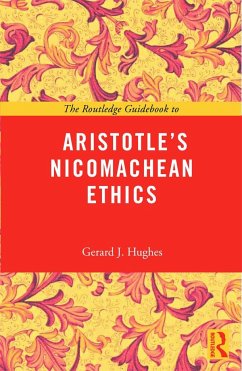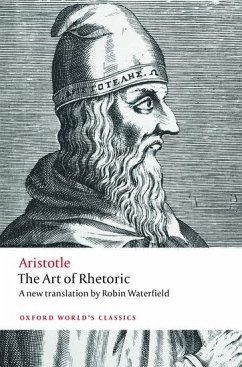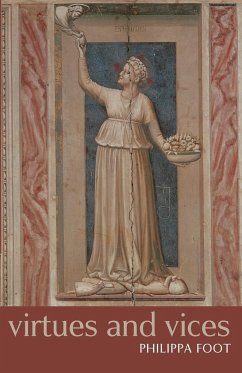
ARISTOTLE & THE VIRTUES P
Versandkostenfrei!
Versandfertig in 1-2 Wochen
57,99 €
inkl. MwSt.

PAYBACK Punkte
29 °P sammeln!
Howard Curzer presents a new reading of Aristotle's Nicomachean Ethics, which brings each of the virtues alive. He argues that justice and friendship are symbiotic in Aristotle's view; reveals how virtue ethics is not only about being good, but about becoming good; and describes Aristotle's ultimate quest to determine happiness.












